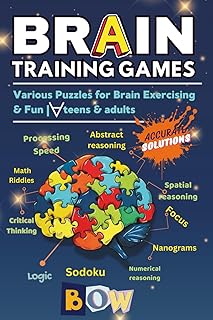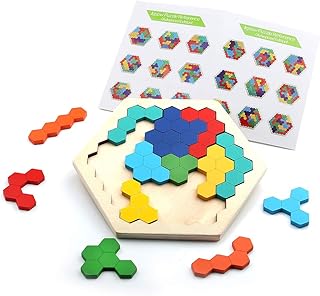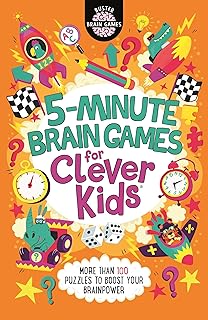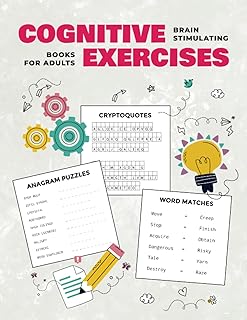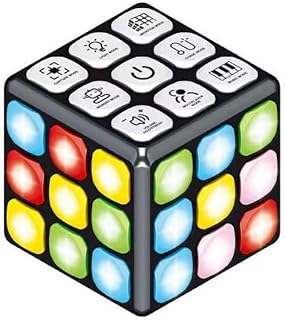Brain training apps have become a popular trend in recent years, promising to enhance cognitive abilities and memory through interactive games and exercises. These apps offer a convenient way to exercise the mind, with the appeal of improving focus, memory, problem-solving skills, and reducing stress.
As technology advances, the demand for brain training apps has grown, driven by a society with shorter attention spans and increased reliance on digital devices. The idea of improving mental acuity through mobile applications has captured the interest of many individuals seeking to boost their brainpower.
But do these brain training apps actually work? The concept of brain training is akin to exercising at the gym, but for the mind. By engaging in mental exercises that target memory, attention, logic, and other cognitive skills, users aim to strengthen their brain’s capabilities. This practice is rooted in the concept of neuroplasticity, which suggests that the brain can adapt, change, and improve with targeted training.
Several top brain training apps have gained popularity among users seeking to enhance their cognitive abilities. Lumosity, one of the original brain training apps, offers a variety of games focused on memory, attention, and problem-solving. Elevate, on the other hand, emphasizes language and math skills, providing real-world applications for users to practice.
Peak, a colorful and engaging app, offers personalized training programs and over 45 games to challenge various cognitive skills. In contrast, Mensa Brain Training caters to those seeking logic and problem-solving challenges, with puzzles designed to test mental agility.
CogniFit takes a more clinical approach, offering in-depth assessments, personalized training plans, and progress tracking for users looking for a serious brain training experience. NeuroNation, backed by the German Federal Ministry of Health, focuses on memory, attention, and logic, with exercises designed for individuals with cognitive disorders.
Other brain training apps like MindPal, Impulse, and Smarter offer quick, engaging exercises to boost cognitive skills and mental agility. While these apps vary in design and focus, they all aim to provide users with a fun and effective way to enhance their brain function.
Studies have shown mixed results regarding the effectiveness of brain training apps in improving cognitive abilities. While some research suggests that targeted training can lead to improvements in specific skills, the real-world impact and transferability of these skills remain a subject of debate.
Ultimately, brain training apps can serve as valuable tools for individuals looking to challenge their minds and maintain mental sharpness. While they may not offer a one-size-fits-all solution to becoming a genius, these apps can contribute to improved focus, memory, and overall mental well-being.
Whether you’re a fan of brain training apps or skeptical of their benefits, the growing popularity of these tools reflects a broader trend towards leveraging technology for personal development and self-improvement. As the digital landscape continues to evolve, brain training apps are likely to remain a prominent feature in the realm of mental fitness and cognitive enhancement.
📰 Related Articles
- Revolutionizing Fitness: Personal Training Apps for Tailored Workouts
- Personal Training Apps Transform Athletes’ Fitness Regimens
- Online Brain Teasers: Entertainment, Logic, and Cognitive Stimulation
- Exploring Soybean’s Business Potential in Food Industry Training Program
- Exploring MLB Betting: Top Apps and Sites in 2025

